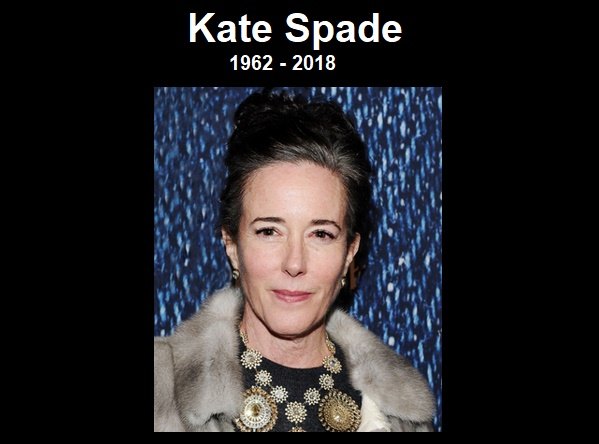Increase in Psych Drugs Correlates to Increase in Suicides in the U.S.
Coinciding with the recent tragic suicides of celebrities Anthony Bourdain and Kate Spade, the U.S. Centers for Disease Control and Prevention (CDC) reported the suicide rate in the U.S. jumped 30 percent from 2000 to 2016. In light of such high-profile suicides, there are, naturally, calls for “more effective treatments” for depression. However, Citizens Commission on Human Rights (CCHR) International, a mental health industry watchdog, warns that these calls can include demands for more antidepressants without investigating how these and other treatments may be a potential cause of, or contributing factor in, suicides. CCHR cited how psychiatric drug prescriptions, including sedatives, antidepressants, psycho-stimulants and antipsychotics, increased 117 percent from 1999 to 2013 and, during that same time period, the CDC had reported the suicide rate had increased 24 percent. Within three years, that figure is now 30 percent. A CDC survey also found the number of Americans who took an antidepressant over the past month — despite 49 official psychiatric drug warnings of the adverse effects of self-harm, suicide or suicidal thoughts — rose by 65 percent between 1999 and 2014. Fashion designer Ms. Spade was taking medication for her depression.




